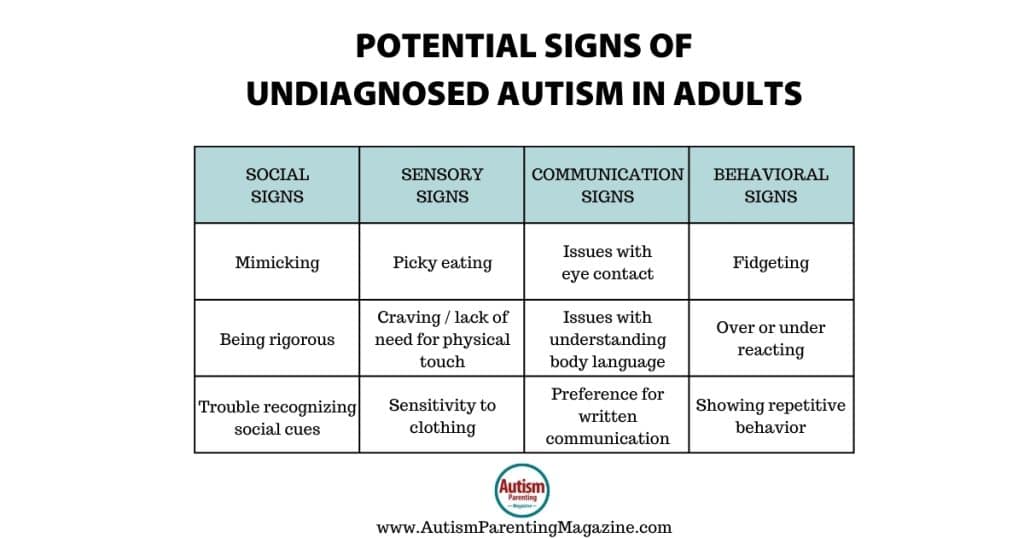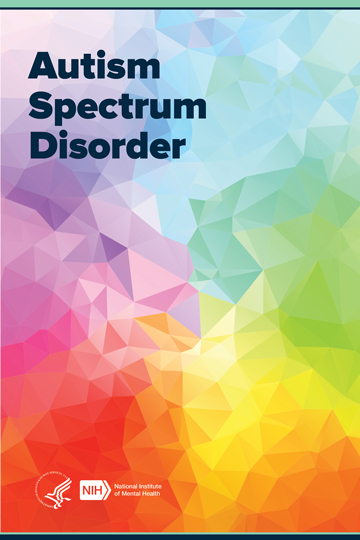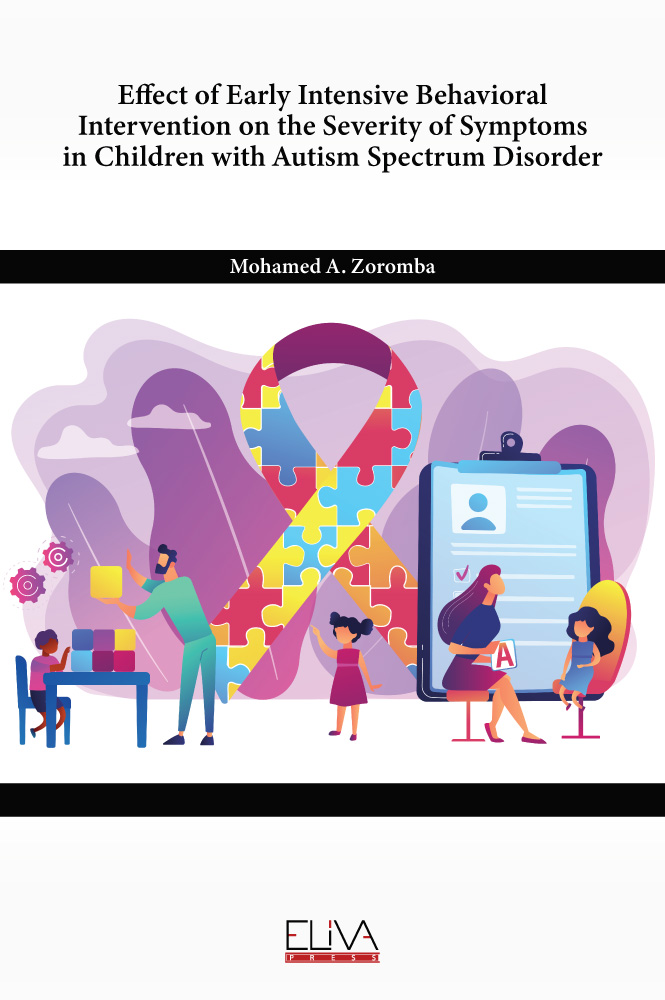How to support with strategies from an trusted Aba Therapist
How to support with strategies from an trusted Aba Therapist
Blog Article
Key Symptoms And Signs to Acknowledge in People With Behavioral Autism
When you experience somebody with behavioral autism, acknowledging crucial signs and signs and symptoms is essential. Additionally, sensory sensitivities can lead to frustrating experiences.
Obstacles in Social Communications
When you connect with a person on the autism spectrum, you may observe they have problem with social signs and interaction. These challenges can make social interactions feel frustrating for them. You may see them avoiding eye call or standing also close or too far away during discussions, which can develop misunderstandings. They could not notice body language or face expressions, making it harder for them to gauge exactly how others are feeling.
In addition, you may find that they favor regimens and familiar settings, which can restrict their desire to participate in brand-new social scenarios. They might chat regarding their interests in great information without noticing if you're interested when they do involve. This can result in discriminatory conversations that leave you really feeling separated. Recognizing these difficulties can help you come close to communications with empathy and perseverance, fostering an extra comfortable atmosphere for both of you.
Problem With Verbal and Non-Verbal Communication

Non-verbal communication can be also much more tough. You might see a lack of eye call or limited usage of motions, which can make interactions feel unpleasant. Facial expressions may not always straighten with the conversation, causing complication about their sensations. Recognizing these indications is crucial, as it helps you much better assistance and involve with individuals on the autism spectrum. By comprehending their interaction challenges, you can foster more significant links and give a more supportive atmosphere.
Repetitive Behaviors and Regimens
Interaction obstacles commonly come with various other signs of autism, such as repetitive behaviors and a strong preference for regimens. You may observe that people with autism commonly engage in specific, repetitive activities, like hand-flapping, rocking, or duplicating phrases. These habits can supply convenience and a sense of control in an often overwhelming world.
Routines are equally crucial; numerous individuals prosper when they comply with a structured schedule. You may locate that changes to these regimens can result in substantial distress. For instance, if they have a day-to-day ritual of consuming morning meal at a certain time or adhering to a specific path to school, any kind of disturbance can trigger stress and anxiety.
Acknowledging these patterns helps you comprehend their actions and offer assistance. By accommodating their demand for routine and enabling recurring actions, you can produce an extra comfortable atmosphere that eases their difficulties.
Sensory Level Of Sensitivities

Usual Sensory Triggers
Sensory level of sensitivities can considerably impact life for people with autism, as specific stimuli typically set off frustrating reactions. Usual sensory triggers include loud sounds, bright lights, and solid scents. You might see that unexpected audios, like sirens or alarm systems, cause anxiousness or distress. Fluorescent lights in stores can really feel uneasy and rough. Textures can additionally play a considerable duty; rough materials or particular food textures may be unbearable for you. Additionally, crowded places can overwhelm your senses, making it difficult to concentrate or loosen up. Recognizing these triggers can aid you manage your environment better. By recognizing what impacts you, you can take actions to decrease pain and boost your day-to-day experiences.
Behavioral Reactions Described
Comprehending your behavioral responses to sensory sensitivities is essential, as they frequently reveal just how you engage with the world. You might see that particular audios, lights, or structures overwhelm you, leading to anxiousness or pain. When confronted with these stimulations, you may withdraw, cover your ears, or perhaps react aggressively. These feedbacks aren't simply quirks; they're your way of dealing with overstimulation. You may likewise discover yourself seeking specific sensory experiences, like deep stress or quiet settings, to help ground yourself. Recognizing these patterns assists you understand your demands much better and can guide exactly how you communicate them to others. By recognizing your sensory sensitivities, you can function towards developing an environment that really feels more comfy and manageable for you.
Coping Techniques Introduction
Identifying your sensory sensitivities is just the initial step; now it's time to explore coping methods that can aid you take care of those experiences effectively. Begin by producing a sensory toolkit customized to your requirements. This can consist of noise-canceling headphones, fidget toys, or soothing aromas. Developing an organized regimen can additionally offer predictability, reducing stress and anxiety around sensory overload. Take breaks in a quiet space to collect yourself when you really feel overloaded. Exercising mindfulness methods such as deep breathing can assist ground you in the moment. Furthermore, communicate your needs with those around you; having helpful close friends and family members can make a huge difference. Bear in mind, locating what functions finest for you may require time, so be open and patient to attempting new methods.
Limited Interests and Emphasis
While numerous people establish a wide variety of rate of interests, those with autism typically show restricted interests and an extreme focus on details topics. You could observe that someone with autism can spend hours delving right into their preferred subject, whether it's a particular kind of train, a particular flick, or a clinical concept. This intense emphasis isn't just a leisure activity; it can become a main component of their identity and social interactions.
You might find that discussions focus on these interests, and they might battle to participate in wider subjects. For them, these focused rate of interests provide comfort and a feeling of proficiency. While it is very important to motivate expedition of brand-new subjects, respecting their enthusiasms is just as important. By recognizing and acknowledging these restricted rate of interests, you can promote an encouraging setting where they feel valued and comprehended, enabling for even more purposeful links and communications.
Psychological Guideline Troubles
People with autism usually deal with difficulties in emotional guideline, which can be influenced by their intense concentrate on particular passions. You might observe that when an individual is deeply participated in a recommended activity, they can experience solid feelings, whether excitement or stress. This intensity occasionally makes it hard for them to move equipments or manage their feelings when things do not go as planned.

Variability in Developmental Turning Points
When it comes to developmental turning points, you'll discover that individuals with autism typically show a broad variety of variability. You might see a child succeed in language abilities Extra resources yet battle with social communications.
It's vital to identify that each individual's trip is one-of-a-kind. Some may establish intricate skills early, only to encounter obstacles in the future. Others may take longer to achieve standard landmarks however then grow in certain areas. Observing these patterns can help you recognize their staminas and needs much better.
Often Asked Inquiries
Exactly How Is Autism Diagnosed in Kid and Adults?
To detect autism in children and grownups, specialists examine behavior, interaction skills, and social communications. They frequently make use of standardized examinations, interviews, and observations to determine if a specific meets the requirements for autism range condition.
Exist Different Types of Autism Range Disorders?
Yes, there are various kinds of autism spectrum conditions, consisting of Asperger's syndrome and pervasive developing disorder-not otherwise defined. Each kind varies in extent and qualities, so recognizing these differences can help you much better support people with autism.
What Treatments Are Effective for Individuals With Autism?
When thinking about reliable treatments for people with autism, you'll find options like Applied Habits Analysis, speech therapy, and work-related treatment. Each approach can help improve communication, social skills, and daily working tailored to private requirements.
Can Individuals With Autism Lead Independent Lives?
Yes, individuals with autism can lead independent lives. With the best support, skills training, and resources, you can help them develop self-sufficiency, manage daily tasks, and flourish in various atmospheres, promoting their self-reliance.
Exactly How Can Households Support Loved Ones With Autism?
You can sustain your enjoyed ones with autism by developing an organized atmosphere, encouraging their interests, practicing patience, fostering interaction, and advertising social abilities. Commemorate their accomplishments, regardless of how tiny, and construct an encouraging neighborhood.
Although numerous individuals on the autism range can comprehend and use language, they usually encounter considerable challenges with both spoken and non-verbal communication. Identifying these indications is important, as it aids you far better support and involve with individuals on the autism spectrum. You could observe that individuals with autism often involve in particular, repetitive actions, like see page hand-flapping, rocking, or duplicating phrases.Sensory level of sensitivities can significantly impact everyday life for people with autism, as specific stimulations commonly trigger frustrating responses.When it comes to developmental landmarks, you'll discover that people with autism frequently reveal a broad array of variability.
Report this page